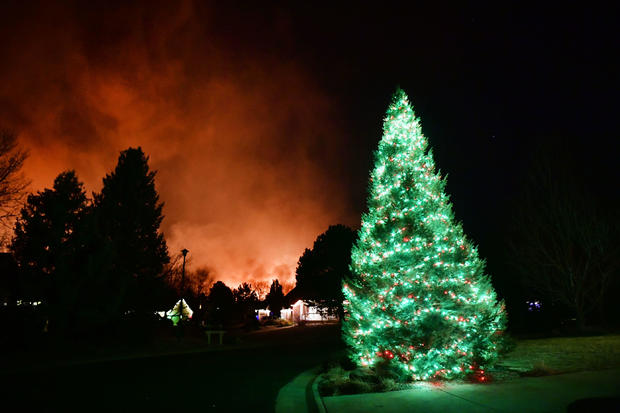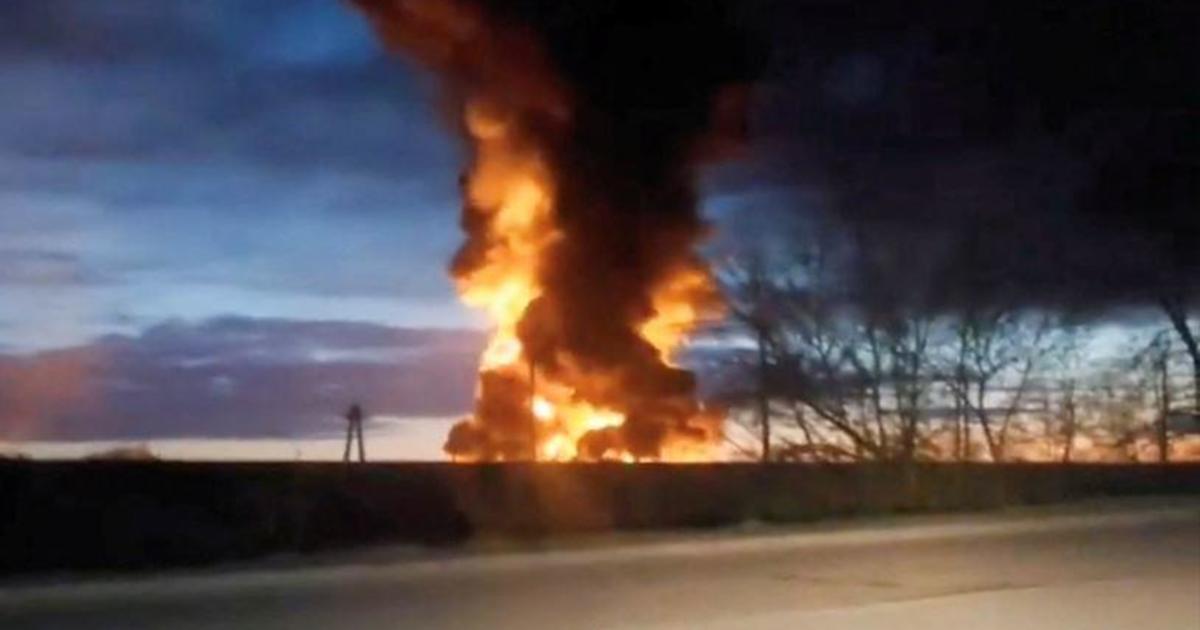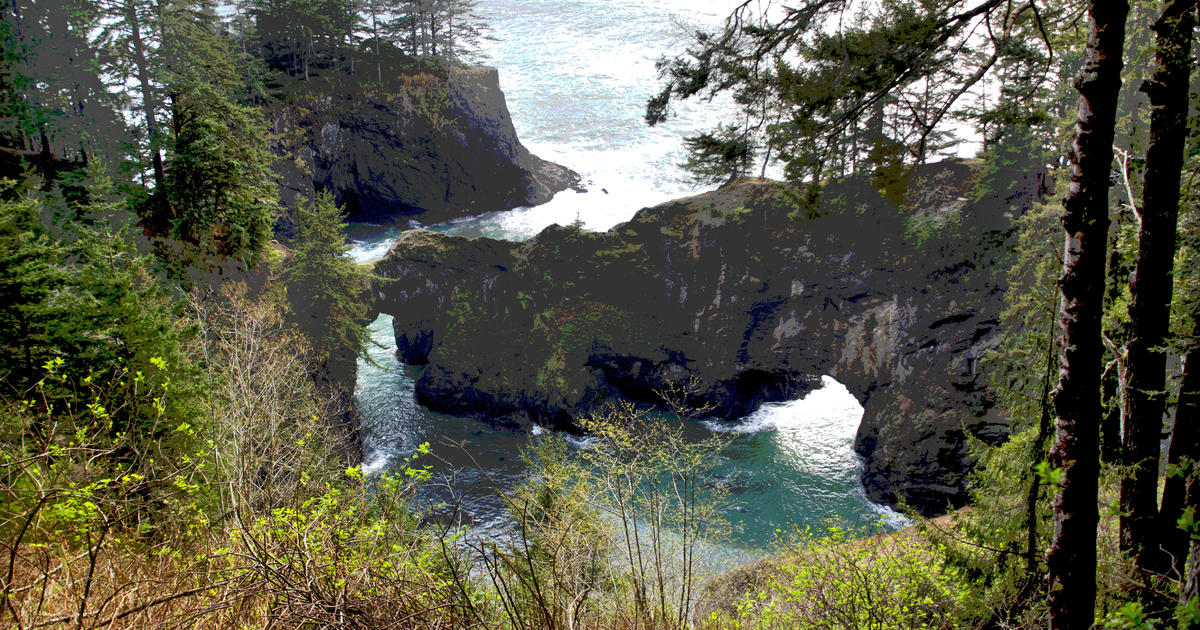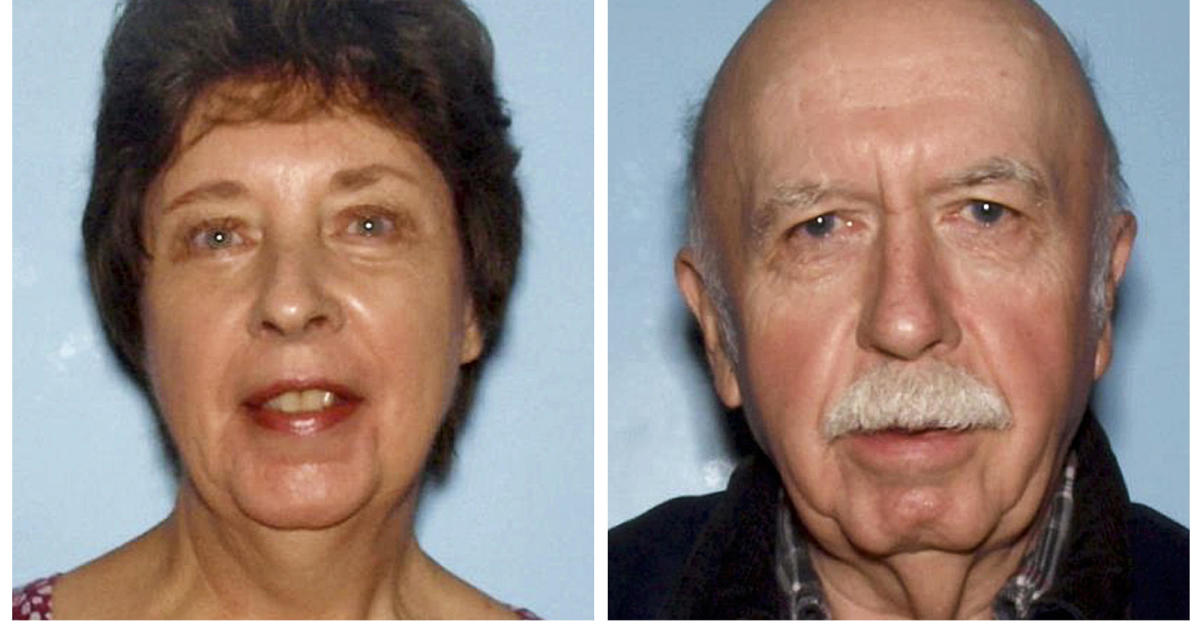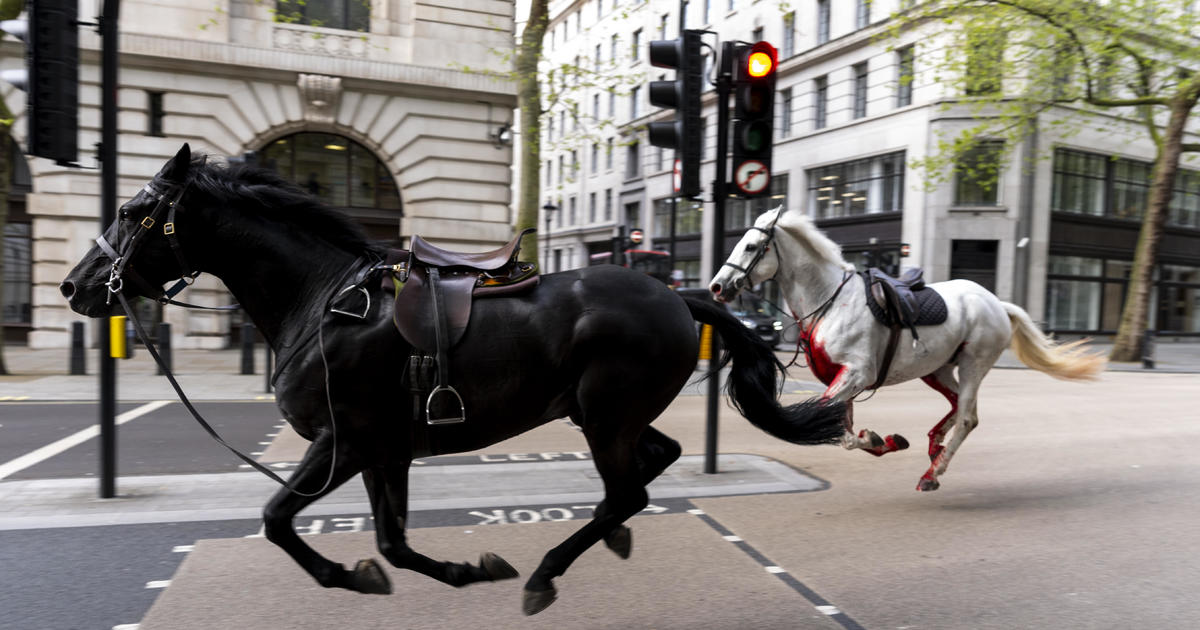Tens of thousands evacuated, hundreds of homes destroyed in late-season wind-blown wildfires outside Denver
Denver — Winds driving fast-moving fires that forced tens of thousands of residents to evacuate their homes outside Denver have died down and predicted snow has started to fall on the area, officials said during a news conference Friday. The hurricane-force winds had gusted up to 105 mph Thursday as fires engulfed parts of three cities.
Hundreds of homes were destroyed by one of them — the #MarshallFire — along with a hotel, shopping center and other businesses. The fire had burned 1,600 acres and was still growing Thursday night, CBS Denver reported.
It pointed out that the most destructive wildfire in Colorado history was the Black Forest Fire, which chewed up more than 14,280 acres and destroyed 511 homes in 2013.
The National Weather Service Boulder Office tweeted that the winds already had calmed down quite a bit by evening:
At least one first responder and six others were injured in the fires that began Thursday morning, unusually late in the year and following an extremely dry fall and a winter so far nearly devoid of snow.
Boulder County Sheriff Joe Pelle acknowledged Thursday that more injuries and deaths were possible due to the intensity of fires that quickly swept across the region. Pelle said Friday that while 2,000 homes were in the burn area, he did not expect all those homes were lost.
Evacuations were ordered Thursday for the cities of Louisville and Superior, located about 20 miles northwest of Denver and home to a combined 34,000 people. A nearby portion of U.S. Highway 36 also was shut down. Some residents of the city of Broomfield were also told to leave, CBS Denver said, though they were allowed to return home late Thursday night.
The neighboring towns are filled with middle and upper-middle class subdivisions surrounded by shopping centers, parks and schools. The area is in between Denver and Boulder, a foothills college town home to the University of Colorado.
The evacuations were fairly calm and orderly, but winding streets in subdivisions quickly became clogged as people tried to get out. It sometimes took cars as long as 45 minutes to advance about a half mile.
Shoppers at a Costco store evacuated as the store's parking lot became engulfed in smoke. Inside a Chuck E. Cheese, panicked parents and children rushed for the exits as large clouds of smoke rushed in, but they struggled for a few seconds to get the doors open due to strong winds.
Small fires cropped up here and there in surprising places — on the grass in a median or in a dumpster in the middle of a parking lot — wind gusts caused the fire to jump and spread. Shifting winds caused the skies to turn from clear to smoky and then back again as emergency sirens blared nearby. Governor Jared Polis described the fire Friday as suburban and urban, citing damage to Costco and Target while sparing two hospitals.
Polis toured the area Friday and described the fire as a "disaster in fast motion."
"This is our community and to watch it burn so quickly, so unexpectedly, is something that I think we're all just struggling to believe and understand," he said.
Pelle said Thursday one fire erupted just before 10:30 a.m. and was "attacked pretty quickly and laid down later in the day and is currently being monitored" with no structures lost.
A second wildfire, the Marshall Fire, was reported just after 11 a.m., "ballooned and spread rapidly east," Pelle said.
Some of the blazes were sparked by downed power lines.
The fires prompted the governor to declare a state of emergency Thursday, allowing the state to access disaster emergency funds.
Colorado's Front Range, where most of the state's population lives, had an extremely dry and mild fall, and winter so far has continued to be mostly dry. Denver set a record for most consecutive days without snow before it got a small storm on Dec. 10. It hasn't snowed since.
But CBS Denver meteorologist Dave Aguilera said a major snowstorm is expected for New Year's Eve.
Scientists say climate change is making weather more extreme and wildfires more frequent and destructive. A historic drought and heat waves have made wildfires harder to fight in the U.S. West.
Ninety percent of Boulder County is in severe or extreme drought, and hasn't seen substantial rainfall since mid-summer.
"With any snow on the ground, this absolutely would not have happened in the way that it did," said snow hydrologist Keith Musselman, who was at home when Thursday's fires broke out not far away.
Musselman said this severe fire risk is expected in September and October following a dry summer, but the lack of any precipitation this late in the season is highly unusual.
The National Weather Service predicts up to a foot of snow could fall Friday in Boulder, and that moisture would bring substantial relief, Musselman said.
